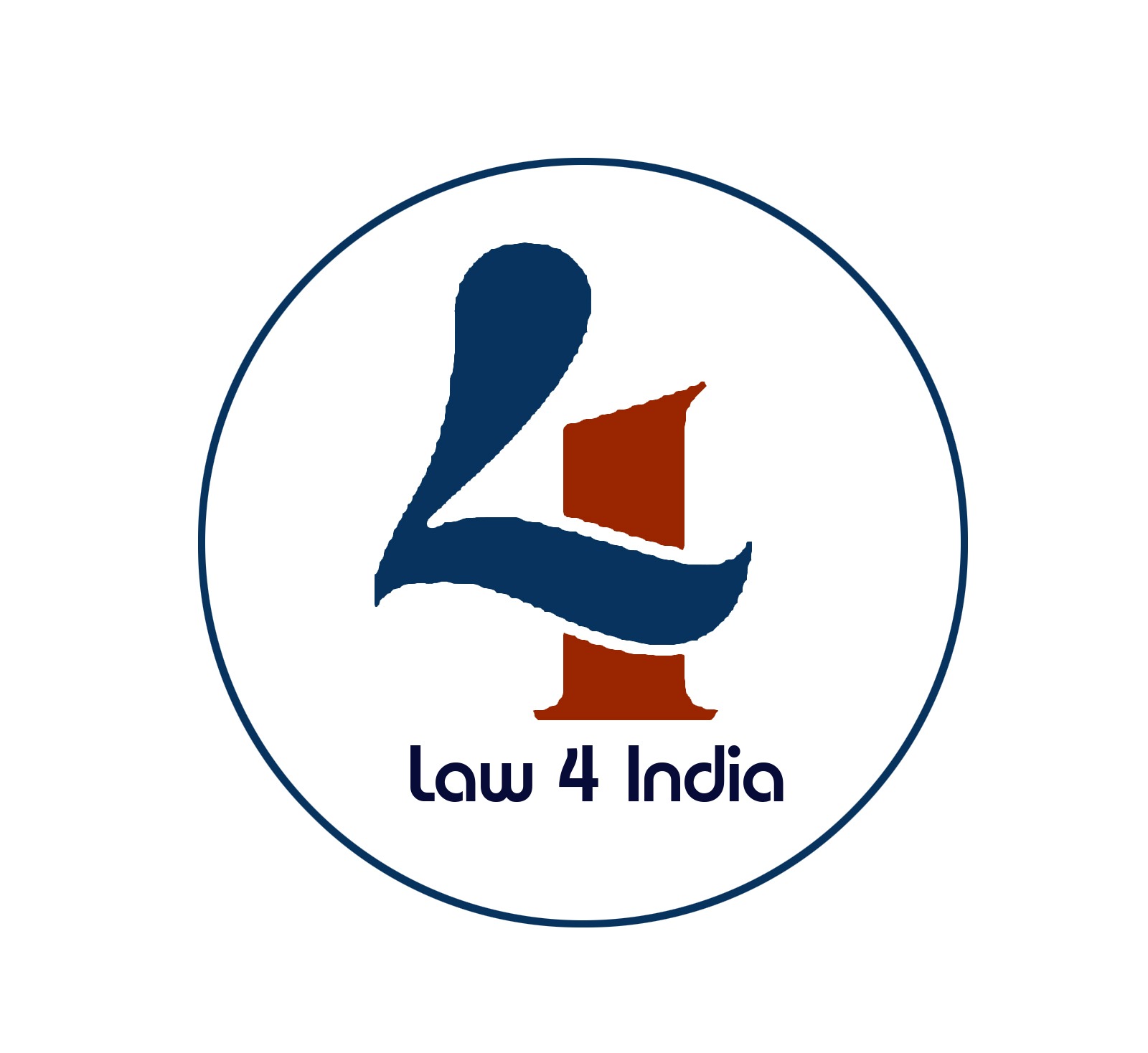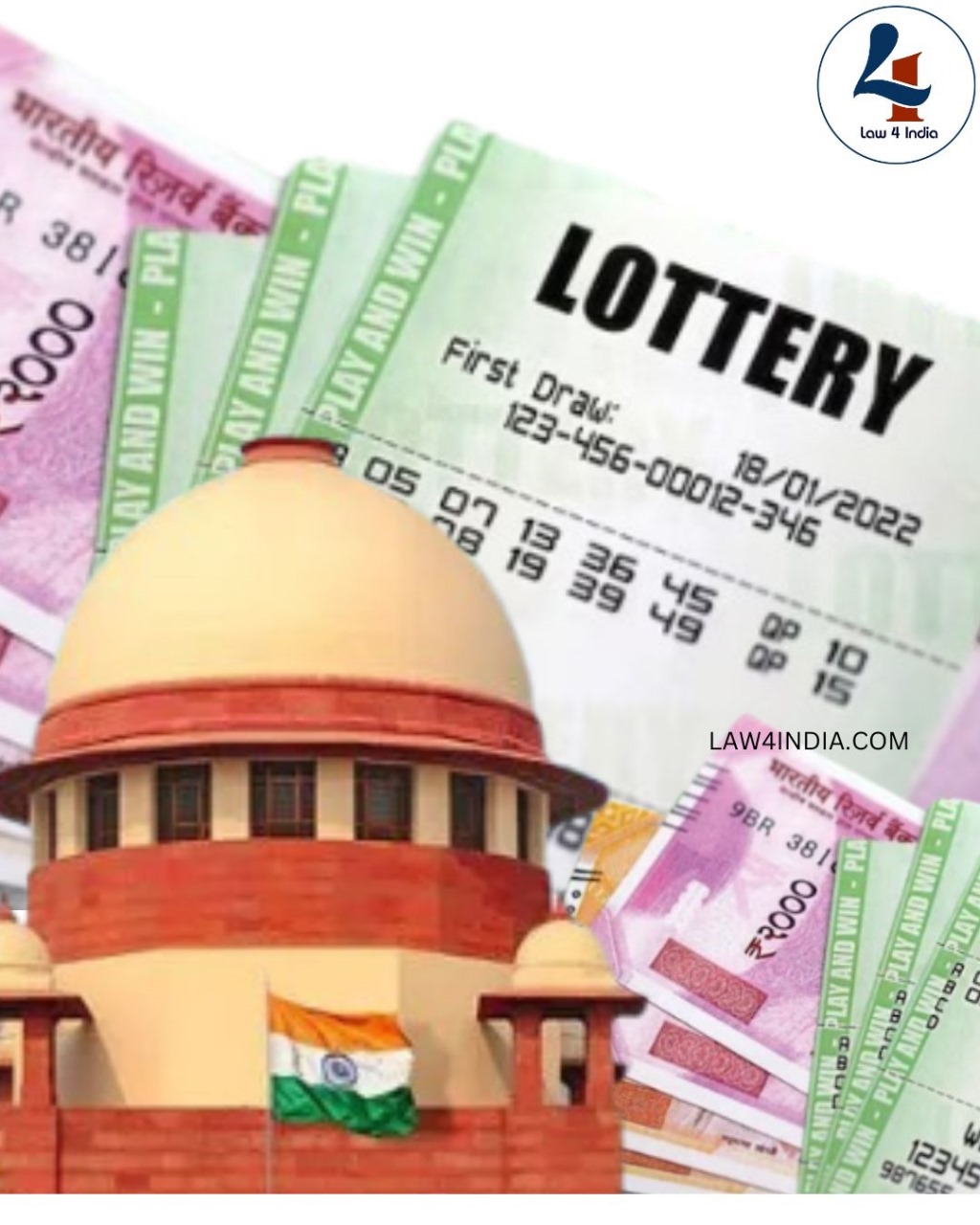- By Gunpreet Singh
The Supreme Court of India upheld the Sikkim High Court’s judgment declaring clause (zzzzn) of Section 65(105) of the Finance Act, 1994, unconstitutional, as it levied a service tax on lottery distributors. The Union Government’s appeal was dismissed by the top court, which ruled that activities connected with the promotion and marketing of lotteries are not taxable services. This is a landmark ruling for private lottery distributors, who challenged the service tax levied by the Finance Act, 2010. The Supreme Court held in line with the judgment of the Sikkim High Court which held that selling and distributing lottery tickets qualified as betting and gambling within the exclusive domain of state legislatures.
The case was based on private organizations dealing with the selling of both paper and online lotteries offered by the Government of Sikkim. During 2010, the Union Government introduced clause (zzzzn) as part of the Finance Act, 1994, which defined business activities in the promotion, marketing, organizing, or aiding to organize games of chance involving lotteries as service tax fall under the service tax act. The petitioners, who are well-known distributors of government-organized lottery tickets, challenged this provision as unconstitutional. They argued that lotteries fall under betting and gambling, which is a state subject according to Entry 62, List II of the Seventh Schedule of the Constitution.
They further claimed that entry, duty and collection of tax on betting and gambling can only be levied by the State Governments and this power cannot be exercised by the Union Government, as it lies under the residuary power, Entry 97, List I. They further claimed that a lottery distributor conducts his business entirely independent and in no way serves the purpose, hence not included in the Service Tax. The Sikkim High Court held in favour of the lottery distributors. The judgement was given by Chief Justice Permod Kohli and Justice S.P. Wangdi. Clause (zzzzn) has been declared unconstitutional by the court. The state government and lottery distributors are similar to each other in nature rather than service provider and client.
The High Court further held that the business of selling and marketing lotteries is not a service as defined in the service tax statute, and hence, service tax cannot be levied on it. Further, it held that lotteries are betting and gambling as per Entry 62, List II of the Constitution, and therefore, only state legislatures have the power to tax such activities. Here, the Finance Act, 2010, was held to have transgressed the constitutional boundaries as it was attempting to tax an activity over which the Union Government does not have jurisdiction. The Union of India appealed the judgment of the High Court in the Supreme Court, suggesting that the lottery distributors were providing a service and, therefore, were liable to service tax.
However, the Supreme Court bench, comprising Justices B.V. Nagarathna and N.K. Singh dismissed the appeal on February 11, 2025. A two-judge bench of the Supreme Court held that the position of lottery distributors and the Government of Sikkim is a principal-to-principal independent party instead of a principal-agent. It was held that lottery distributors are neither agents nor servants of the state government, hence, no service tax can be levied upon them. However, on this point, it was held that distributors have to pay the tax on gambling imposed by the government of Sikkim under Entry 62, List II, of the Constitution.
Justice B.V. Nagarathna noted that if the relationship between lottery distributors and the state government is termed principal to agent, service tax will be levied. However, since the court held that such was not the case, the tax demand by the Union Government was without merits. The Supreme Court chose not to avail itself of the aspect theory doctrine in this case, sometimes applied to uphold taxes on the same transaction under a different legal character. Rather, the Court addressed only the question of service tax and affirmed the High Court ruling that lotteries were inherently betting and gaming, and consequently could be levied by states alone.
This decision has tremendous financial and legal implications for both the lottery sector and Indian taxation laws. The Supreme Court ruling relieved a large tax burden on lottery distributors as it ruled that their operations could not be described as a taxable service. This verdict further empowers state governments to regulate and tax gambling without interference from the Union Government. That means the Union Government would be losing a substantial source of revenue. Service tax on lottery distributors pan-India will not be applicable. This judgment will also act as a precedent in future litigations of online gaming, casinos, and betting platforms thereby strengthening state sovereignty in the gambling-related business.
The case above was submitted before the Supreme Court of India by Union of India & Ors. v. Future Gaming Solutions P. Ltd. &Anr. ( C.A. No. 4289-4290/2013 & connected matters) is a landmark victory for lotteries distributors and reiterates constitutional depute of power of taxation between the central and State governments. Since the Court has decided that sales and marketing of lotteries are not taxable services, it has created a watershed precedent for the new rounds of disputes in exercising the right of state taxation by levying indirect taxes on sectors regulated by the State governments. This decision will have long-term effects on India’s gambling and gaming industry; states will retain control over their revenue streams, but not by an unconstitutional form of unwarranted taxation by the Union Government.

